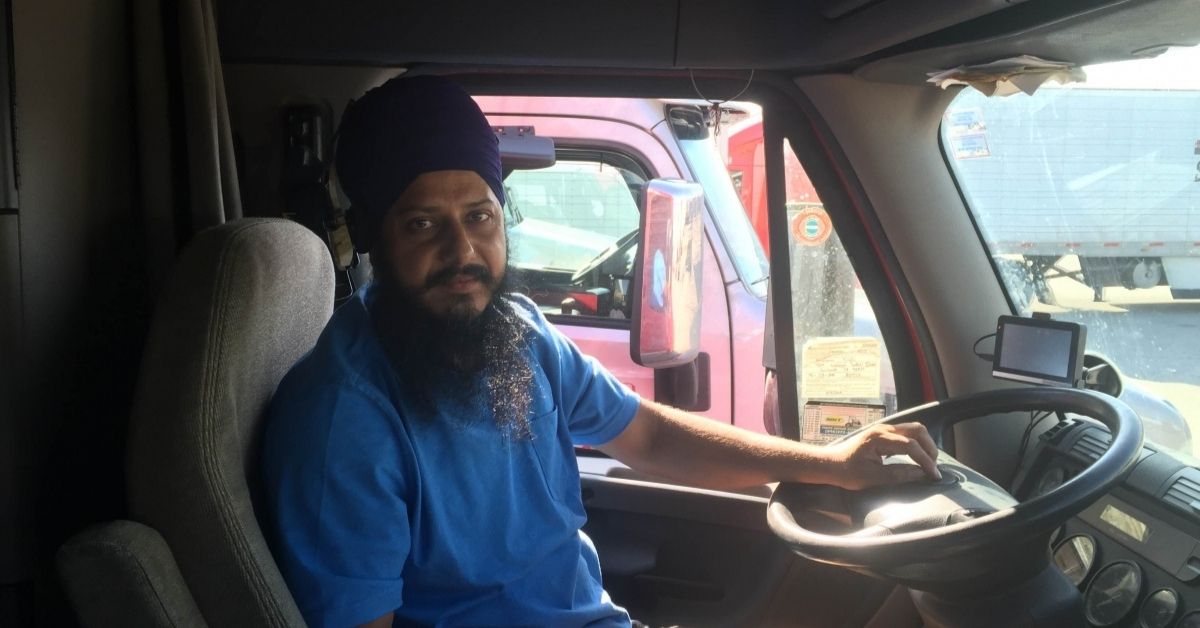Prime Minister Narendra Modi announced a new scheme to build 1,000 modern resting facilities for truck and cab drivers on national highways in line with the government’s ease of living policy.
Highlighting hardships faced by drivers while on long-distance journeys, he said under the first phase, 1,000 modern buildings with facilities for food, clean drinking water, toilets, parking and rest will be developed for drivers on all national highways. He was speaking at Bharat Mobility Global Expo 2024 at Bharat Mandapam in New Delhi.
“The government understands the concern of truck drivers and their families,” he said adding that the scheme will give a boost to both the ease of living and ease of traveling for truck and taxi drivers, thereby improving their health and also help in preventing accidents.
According to a report of the NITI Aayog, trucks carry a bulk of India’s goods meeting 70% of domestic freight demand. “And as road freight travel continues to grow, the number of trucks is expected to more than quadruple, from 4 million in 2022 to roughly 17 million trucks by 2050,” the report ‘Transforming Trucking in India’, published in September 2022 said. Long-haul truck drivers need proper sleep and naps to remain alert while on road to avoid accidents. Sleep deprivation is one of the key reasons for road accidents.
PM Modi said the Bharat Mobility Global Expo 2024 had brought the entire mobility and supply chain community on a single platform. Reiterating the goal of Viksit Bharat by 2047, the Prime Minister underlined the pivotal role of the mobility sector. “India is on the move and is moving fast,” he said highlighting the opportunities it would create for the mobility sector.
He said the Indian economy was expanding at a fast pace and India is set to become the third-largest economy in the world during his government’s third term. He said as approximately 250 million people have been lifted out of poverty in the last 10 years, they are the new customers of various modes of transport. When a citizen breaks out of poverty, the means of transportation be it a cycle, two-wheeler or a four-wheeler, becomes their first requirement, he said emphasising on the emergence of a neo-middle class.







